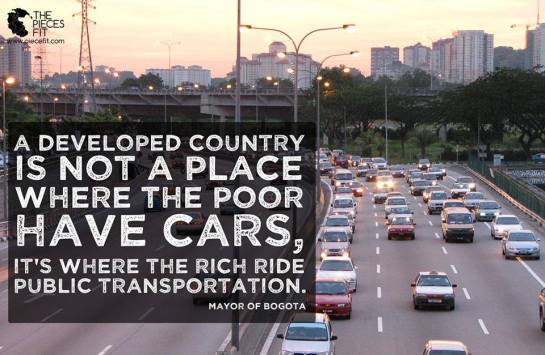I see that it’s been over 5 years since I posted on this blog, and much has changed. We moved from Toronto to an island near Kingston, ON three years ago to a much bigger place, but one green thing about it is that it has geothermal heating. When we moved the first thing we did was change all of the old school lightbulbs to CFLs and LEDs, and replaced all of the toilets to low flow dual flush.
I no longer try a new green challenge every week or month, but am constantly looking for ways to produce less waste and live greener.
Moving to the country has allowed me to have a garden and grow some food, which I’m slowly expanding on. The first year we moved in the middle of summer (2016), but in spring of 2017 my youngest and I started seeds indoors and were successful with herbs and lots of tomatoes. In 2018 more herbs and tomatoes and a few cucumbers, onions, lettuce and dark leafy greens. This year I tried some cauliflower (fail), broccoli (success!), eggplant (fail, but it was overshadowed by kale so will try again), peppers (fail), kale (success!), other dark leafies (success), a few onions (small, but they were delicious) and tons of tomatoes again. I am a terrible gardener, although I do love it. I keep saying I’ll devote 20-30 minutes to it each day (darn weeds) but in the end it is overrun each fall. I’ll keep trying and adding to the garden, though.


A week or so ago a little (amazing) coffee shop in Bath, called The Lodge, hosted Rose Refillery, a fledgling mobile green company that has pop-up refill stations (all purpose cleanser, shampoo, conditioner, Castile soap, hand soap, dish soap) at different locations each week (or so). Deanna is based in Stirling (north of Belleville) and attempts to get local products to sell. She also has cotton produce bags, makeup remover pads, and paper towel replacement.


Unfortunately it’s pretty pricey to refill at the refillery (I watered down some of my refills with distilled water to stretch them) which will be a problem for many. I pointed her to a dental floss that was about half the price of hers. Is she can make it affordable, it’s an amazing idea.
That’s it for now, but there will be posts to follow as there are some things I want to pass on that lower our waste (and recycling) output, which is much more apparent when you have to take that stuff to a dump on the regular. I only go once every 6 or 8 weeks, but it’s still lots of output.



